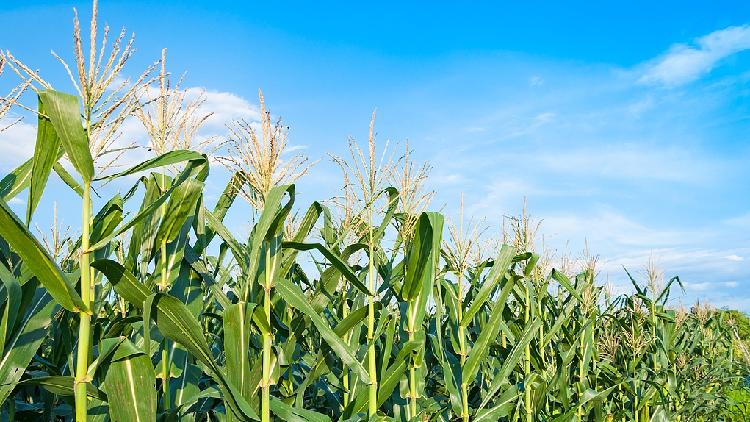China devises gene-editing technique to decrease the height of corn plants
China has made strides in developing a gene-editing technique aimed at reducing the height of corn plants. This advancement is expected to enhance the stability and yield of corn crops, ultimately contributing to agricultural efficiency. By utilizing this innovative approach, researchers aim to address challenges in farming while ensuring food security.

As the most-produced cereal crop globally, corn plays a vital role in food security. Increasing planting density is a significant strategy for improving yields, but advancements in creating shorter, sturdier plants have been hampered by limited genetic resources.
The study was carried out by the Biotechnology Research Institute of the Chinese Academy of Agricultural Sciences in partnership with Anhui Agricultural University and South China Agricultural University. The research focused on modifying the Br2 gene using targeted gene-editing techniques. Researchers designed a knockout vector specifically for the Br2 gene and successfully identified seven transgenic lines that exhibited distinct mutations in corn inbred varieties.
Hybridization experiments confirmed that all 28 hybrid offspring that resulted from crosses with elite inbred lines produced dwarf progeny. To speed up the breeding process, the team implemented a haploid inducer-mediated genome editing system, which allows for the transformation of edited haploid plants into stable double-haploid lines within two generations. The system led to significant reductions in plant height in three elite inbred lines that were treated.
"This method allows rapid and precise modification of plant height across different genetic backgrounds," remarked Wang Baobao, the corresponding author of the study and a researcher at CAAS. "It provides critical technical support for breeding corn varieties optimized for dense planting and enhanced lodging resistance."
Alejandro Jose Martinez for TROIB News
Discover more Science and Technology news updates in TROIB Sci-Tech












